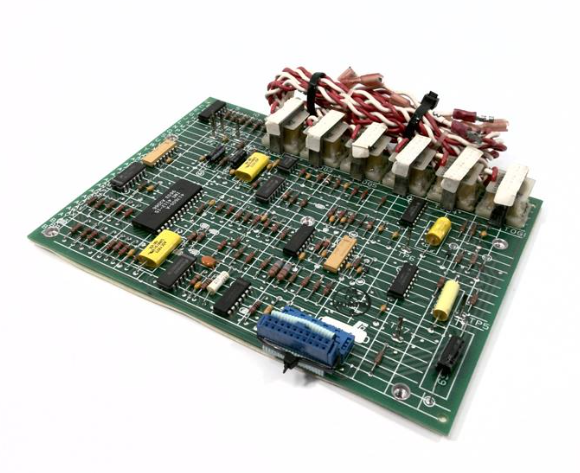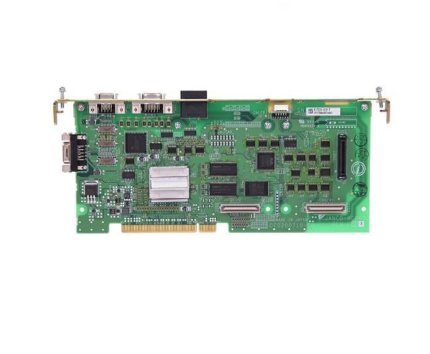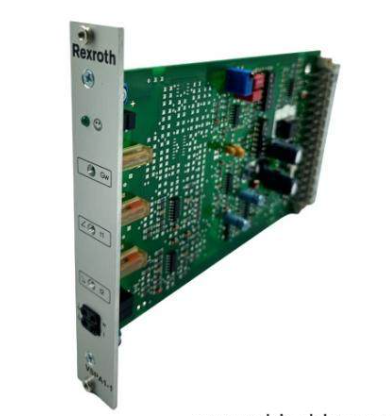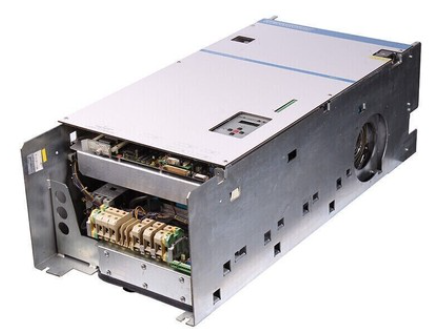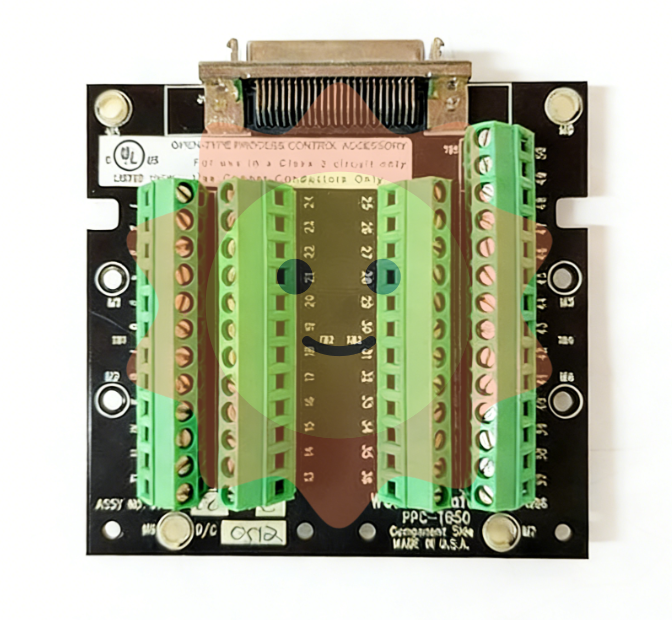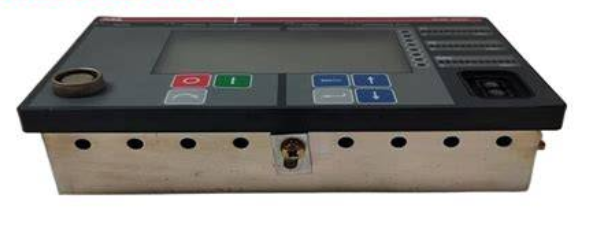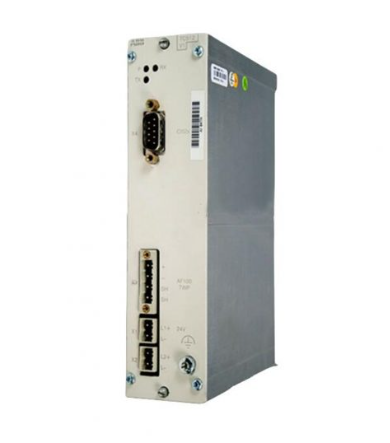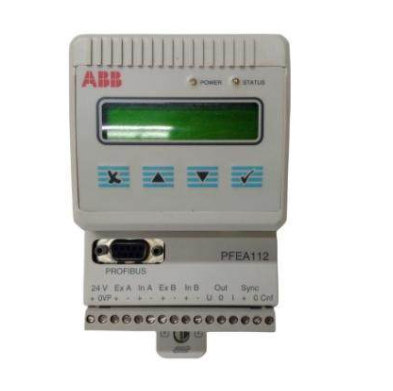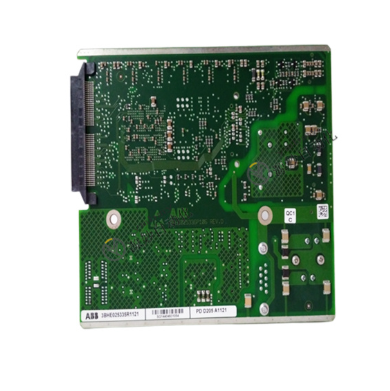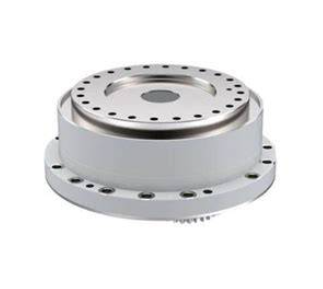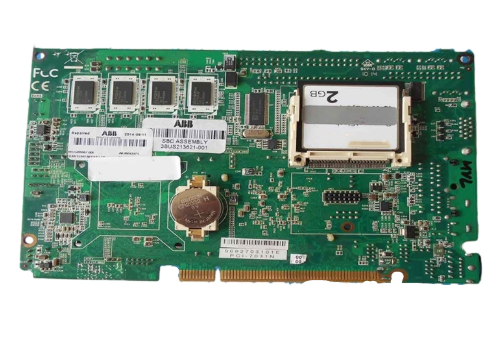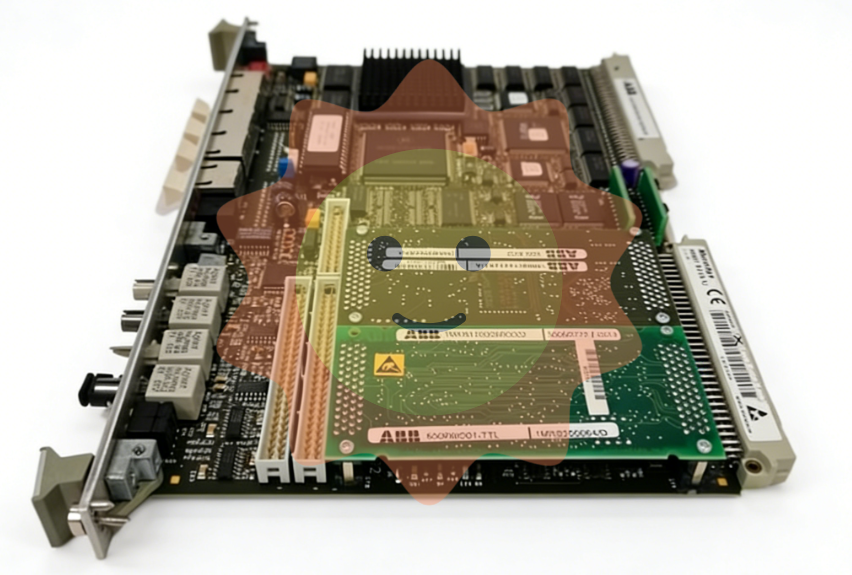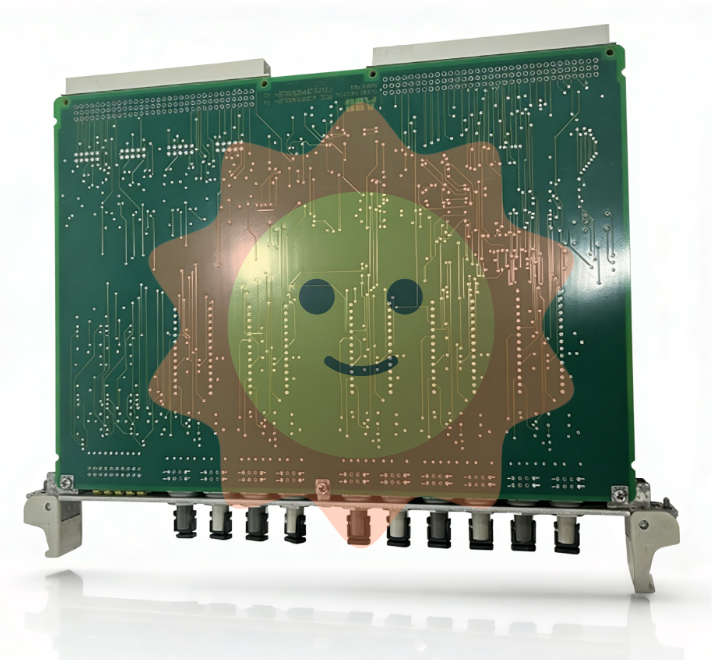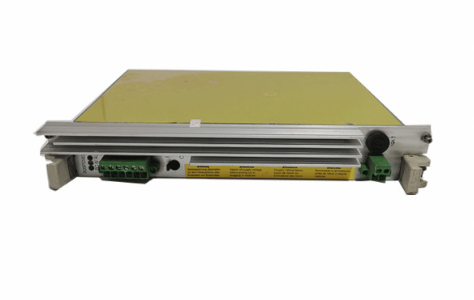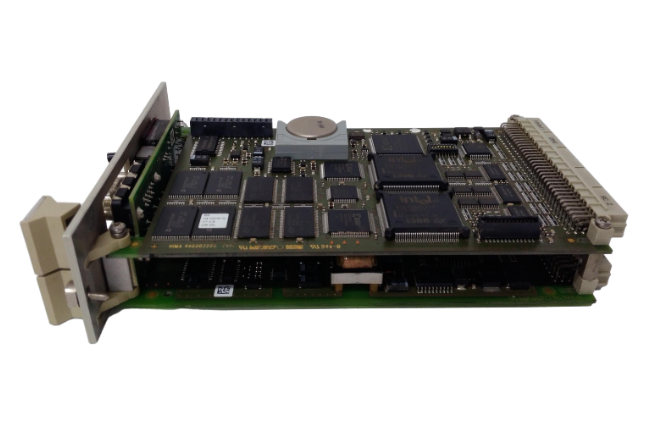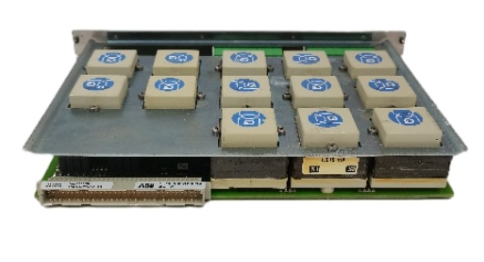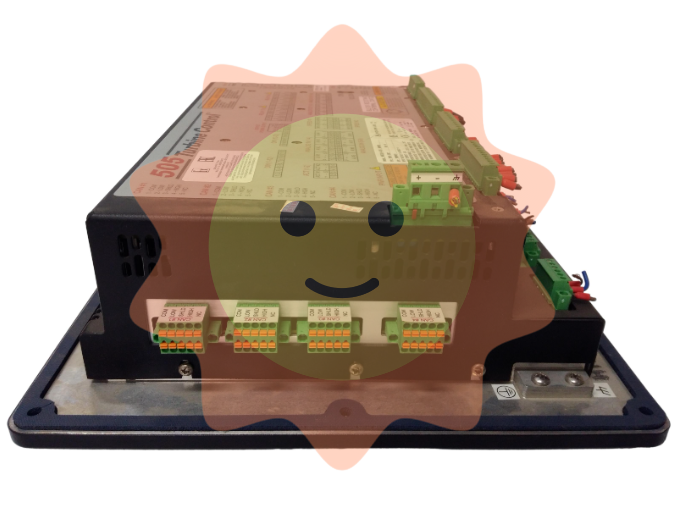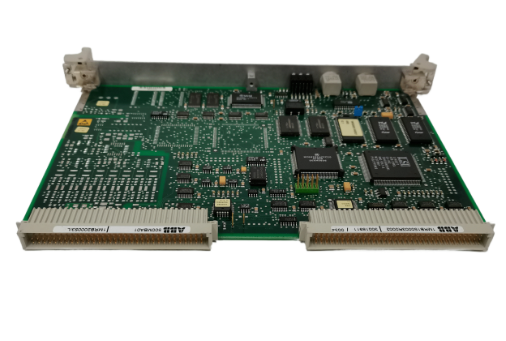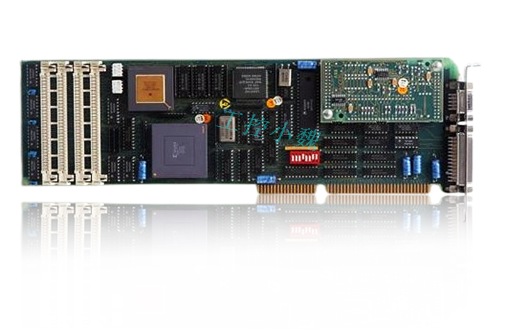MOTOROLA MVME6100 series VME single board computer
Clock frequency: 1.267 GHz, suitable for data intensive applications
Cache system:
Level 1 (L1) cache: 32KB instruction cache+32KB data cache
Level 2 (L2) cache: 512KB (on-chip)
Level 3 cache: 2MB (onboard)
System bus: 133 MHz processor bus, matching processor performance to avoid bus bottlenecks
MOTOROLA MVME6100 series VME single board computer
Core hardware configuration and performance
1. Processor and cache
Equipped with high-performance MPC7457 PowerPC ® Processor, integrated with 128 bit AltiVec ™ Coprocessor (supporting parallel processing, suitable for vector operation scenarios), with the following core parameters:
Clock frequency: 1.267 GHz, suitable for data intensive applications
Cache system:
Level 1 (L1) cache: 32KB instruction cache+32KB data cache
Level 2 (L2) cache: 512KB (on-chip)
Level 3 cache: 2MB (onboard)
System bus: 133 MHz processor bus, matching processor performance to avoid bus bottlenecks
2. Memory and Storage
Main memory:
Type: Double Data Rate (DDR) ECC SDRAM, supports error checking, improves data reliability
Speed: DDR266 (133 MHz memory bus)
Capacity: Up to 2GB onboard, initially available in two configurations of 512MB/1GB (divided into two memory banks)
Flash memory:
Type: onboard programmable EEPROM, supporting jumper write protection
Capacity: 128MB (divided into two 64MB banks, soldered package, higher stability)
Non volatile memory (NVRAM):
Capacity: 32KB (4KB available for users), equipped with replaceable battery backup
Lifespan: 50 years for storage at 55 ° C, 5 years for use at 25 ° C and 100% duty cycle
Real time clock (TOD): using ST (SGS Thompson) M4T28 device to ensure time synchronization
3. VMEbus and Core Architecture
VMEbus protocol: Supports 2eSST (Two Edge Source Synchronous Transfer) protocol, with an actual transfer rate of 320MB/s, which is 8 times higher than traditional VMEbus; Simultaneously compatible with legacy protocols such as ANSI/VITA 1-1994 VME64 and VITA 1.1-1997 extensions
Interface chip: using Tundra Tsi148 ™ VMEbus interface chip, paired with Texas Instruments' new VMEbus transceiver, supports operation in standard VMEbus backboards, achieving compatibility with existing VME boards and chassis
Host Bridge: Marvel MV64360 Discovery II Host Bridge, supports 133 MHz host bus and 133 MHz DDR memory bus, and provides dual 133 MHz PCI-X buses to connect VME interface chips and PMC expansion slots respectively, ensuring balanced performance of various subsystems
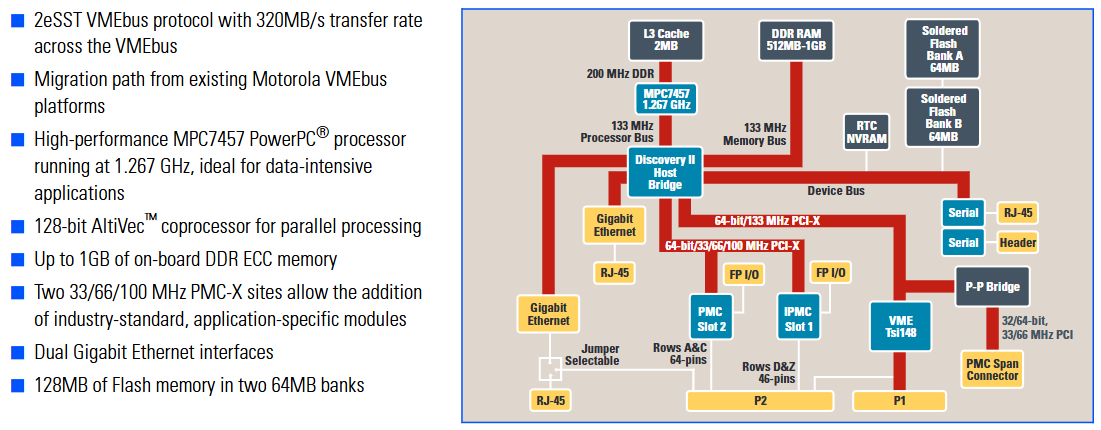
I/O interface and scalability
1. Basic I/O interface
Ethernet:
Controller: Gigabit Ethernet controller integrated into the host bridge, dual interface design
Speed: 10/100/1000 Mb/s adaptive
Connection: One fixed front end (RJ-45), the other can be front end or switched through the P2 interface (10/100 Mb/s routing to MVME761 RJ-45 in IPMC mode, gigabit routing to P2 in PMC mode)
Asynchronous serial port:
Controller: ST16C554DCQ64 (compatible with 16550)
Quantity: 2, supporting EIA-574 DTE configuration
Speed: up to 38.4 Kbps (EIA-232 standard), 115 Kbps (raw mode)
Connection: one front-end (RJ-45), one for development and debugging (onboard header)
Timer: 4 32-bit programmable real-time timers/counters, 1 watchdog timer (timeout triggers system reset, improves system stability)
2. PMC expansion capability
PMC slot: Dual IEEE P1386.1 compatible with PMC-X slot, supporting the following features:
Bus specifications: 32/64 bit address/data, PCI bus frequency 33/66/100 MHz
Power supply:+3.3V,+5V, ± 12V, compatible with 3.3V/5V signals
Module type: Supports 2 single width or 1 dual width PMC/PrPMC (processor PMC) modules, expandable with additional PowerPC processors to achieve multi processor architecture
PCI Expansion: Provides 32/64 bit, 33/66 MHz PCI expansion connectors (114 pins, compatible with MVME5500 position), supports Motorola PMCSpan and other PCI expansion carriers, further expanding I/O capabilities
3. P2 I/O mode and compatibility module
Dual mode configuration: Supports PMC and IPMC P2 I/O modes through jumper cables, continuing the MVME5100/5500 series design and reducing user migration costs:
PMC mode: compatible with MVME2300/2400, MVME5100/5500, P2 interface provides 64 pins for PMC slot 1 and 46 pins for rear I/O in slot 2
IPMC mode: IPMC761/712 modules need to be installed in PMC slot 1, supporting legacy MVME761/712M I/O modules (limited PMC I/O functionality). At this time, some signals in PMC slot 2 are reserved for expanding SCSI
IPMC module function: IPMC761/712 is an optional PMC module that provides rear I/O support to ensure compatibility with previous generation products such as MVME2600/2700
1 single ended Ultra Wide SCSI port
1 parallel port
4 serial ports (IPMC761: 2 asynchronous+2 synchronous/asynchronous; IPMC712: 3 asynchronous+1 synchronous/asynchronous)
Reserve 1 PMC slot for OEM customized expansion
4. Transition Modules
MVME761:
Interface: IEEE 1284 parallel port (HD-36), 10/100BaseTX Ethernet (RJ-45), 2 asynchronous serial ports (DB-9, EIA-574 DTE), 2 synchronous/asynchronous serial ports (HD-26, configurable as EIA-232/EIA-530/V.35/X.21 DCE/DCE through SIM module)
P2 adapter: 3-line adapter supports 8-bit SCSI, 5-line adapter supports 16 bit SCSI and PMC I/O
MVME712M:
Interface: Centronics is compatible with parallel ports (D-36), narrow SCSI ports (8-bit, D-50), 4 synchronous/asynchronous serial ports (DB-25, can be configured as EIA-232 DCE/LTE via jumper)
P2 adapter: 3-line adapter supports 8-bit SCSI; Dedicated 5-line adapter with expandable access to additional user-defined I/O pins for VME64
- ABB
- General Electric
- EMERSON
- Honeywell
- HIMA
- ALSTOM
- Rolls-Royce
- MOTOROLA
- Rockwell
- Siemens
- Woodward
- YOKOGAWA
- FOXBORO
- KOLLMORGEN
- MOOG
- KB
- YAMAHA
- BENDER
- TEKTRONIX
- Westinghouse
- AMAT
- AB
- XYCOM
- Yaskawa
- B&R
- Schneider
- Kongsberg
- NI
- WATLOW
- ProSoft
- SEW
- ADVANCED
- Reliance
- TRICONEX
- METSO
- MAN
- Advantest
- STUDER
- KONGSBERG
- DANAHER MOTION
- Bently
- Galil
- EATON
- MOLEX
- DEIF
- B&W
- ZYGO
- Aerotech
- DANFOSS
- Beijer
- Moxa
- Rexroth
- Johnson
- WAGO
- TOSHIBA
- BMCM
- SMC
- HITACHI
- HIRSCHMANN
- Application field
- XP POWER
- CTI
- TRICON
- STOBER
- Thinklogical
- Horner Automation
- Meggitt
- Fanuc
- Baldor
- SHINKAWA
- Other Brands



